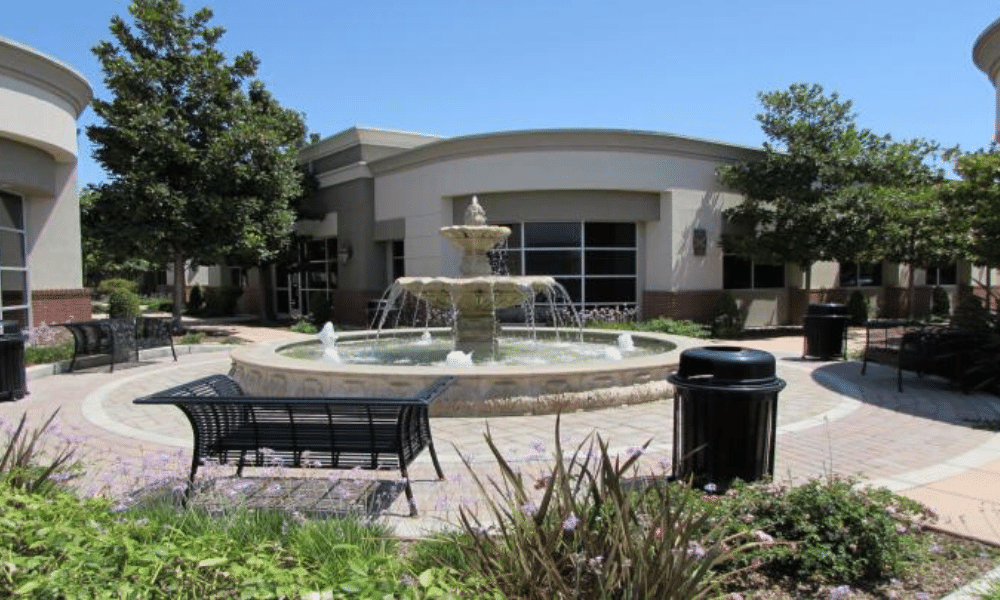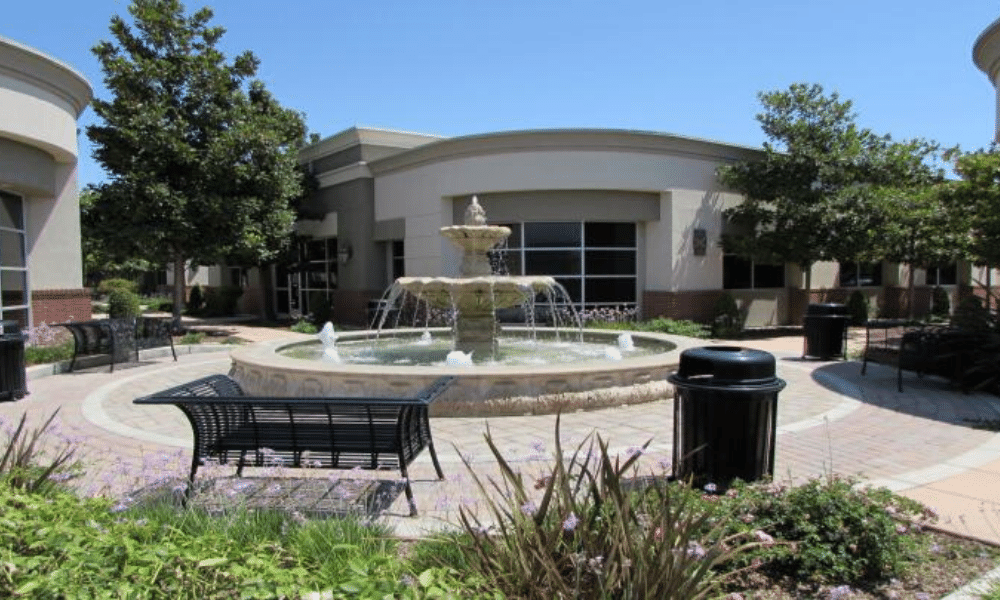Addiction is a complex and chronic disease that affects millions of people worldwide. It can cause significant harm to individuals, families, and communities, and can be difficult to overcome without proper treatment. Addiction treatment involves a range of interventions designed to help individuals recover from addiction and improve their overall quality of life.
The first step in Addiction treatment in Bakersfield, CA is acknowledging the problem and seeking help. This can be a challenging step, as individuals may feel ashamed or embarrassed about their addiction. However, it is important to remember that addiction is a disease, and seeking help is a sign of strength, not weakness.

Once an individual has acknowledged their addiction and decided to seek help, they will typically undergo an assessment to determine the severity of their addiction and any co-occurring mental health disorders. This assessment will help determine the appropriate level of care and treatment approach.
Treatment for addiction may involve a combination of medications, therapy, and support groups. Medications can be used to manage withdrawal symptoms, reduce cravings, and treat co-occurring mental health disorders such as depression or anxiety. Therapy, including individual and group therapy, can help individuals identify the underlying causes of their addiction, develop coping skills to manage triggers and stressors, and improve their overall emotional and mental wellbeing.
Support groups, such as Alcoholics Anonymous or Narcotics Anonymous, can provide individuals with a sense of community and support as they navigate their recovery journey. These groups are often led by individuals who have successfully overcome addiction themselves, providing a unique perspective and understanding of the challenges of recovery.
In addition to these traditional treatment approaches, there are a variety of alternative and complementary therapies that can be used to support addiction recovery. These may include yoga, meditation, acupuncture, or art therapy. These therapies can help individuals reduce stress, improve their overall wellbeing, and develop new coping skills.
One key aspect of addiction treatment is ongoing support and aftercare. Recovery from addiction is a lifelong journey, and individuals may face challenges and triggers even after completing a formal treatment program. Ongoing support can include regular therapy sessions, participation in support groups, and continuing to take medication as prescribed. Additionally, individuals may need to make changes to their lifestyle, such as avoiding certain people or situations that may trigger their addiction.
In conclusion, addiction is a complex and challenging disease that requires a comprehensive approach to treatment. Treatment may involve a combination of medications, therapy, support groups, and alternative therapies, and should be tailored to meet the individual needs of each person. Ongoing support and aftercare are also critical to long-term recovery. With the right treatment and support, individuals can overcome addiction and improve their overall quality of life.
Click here for more information:-





Comments